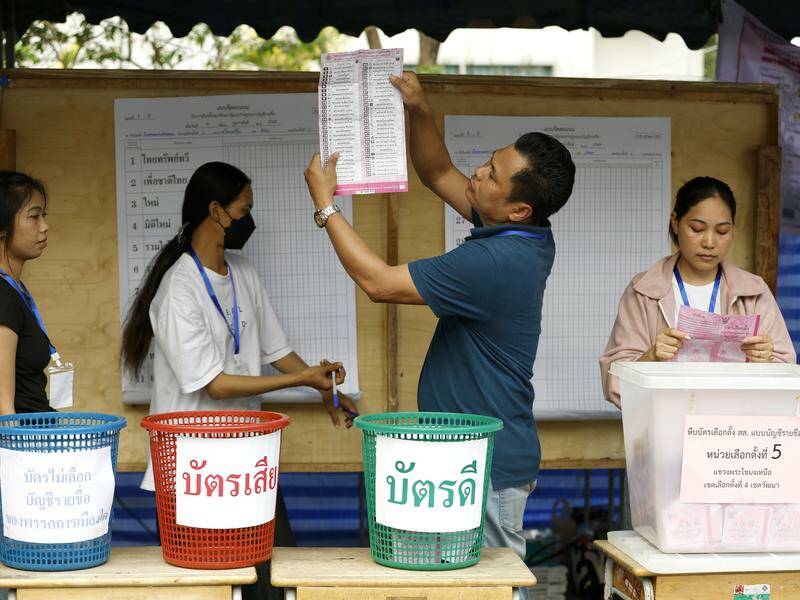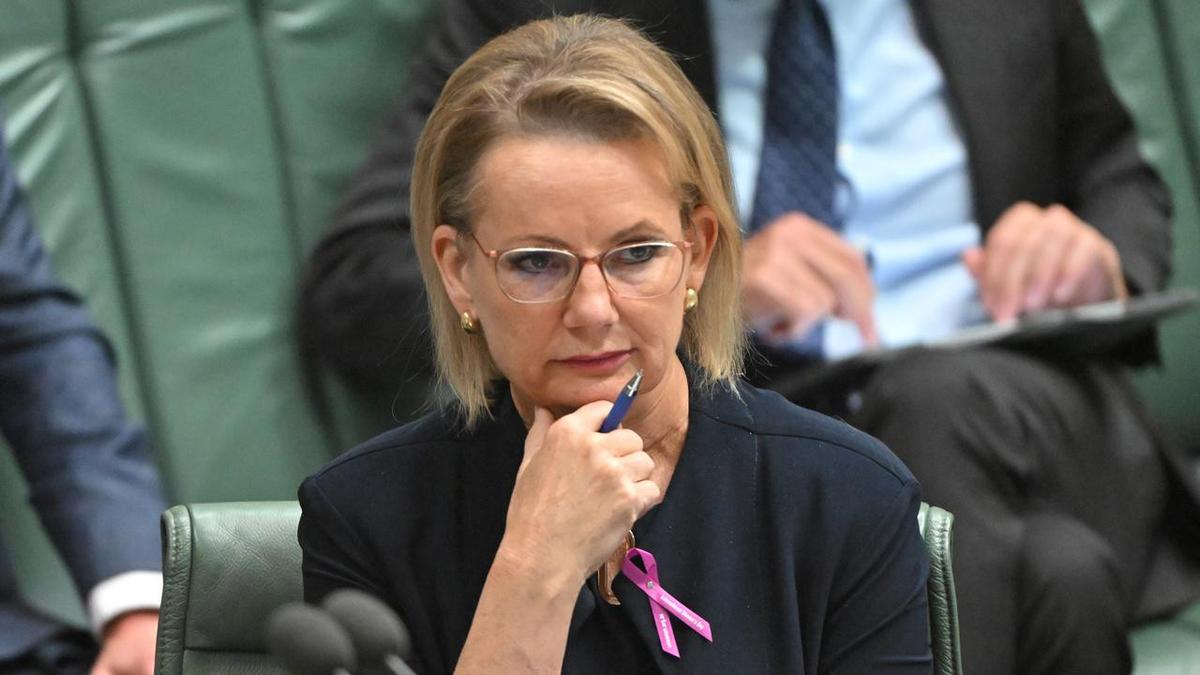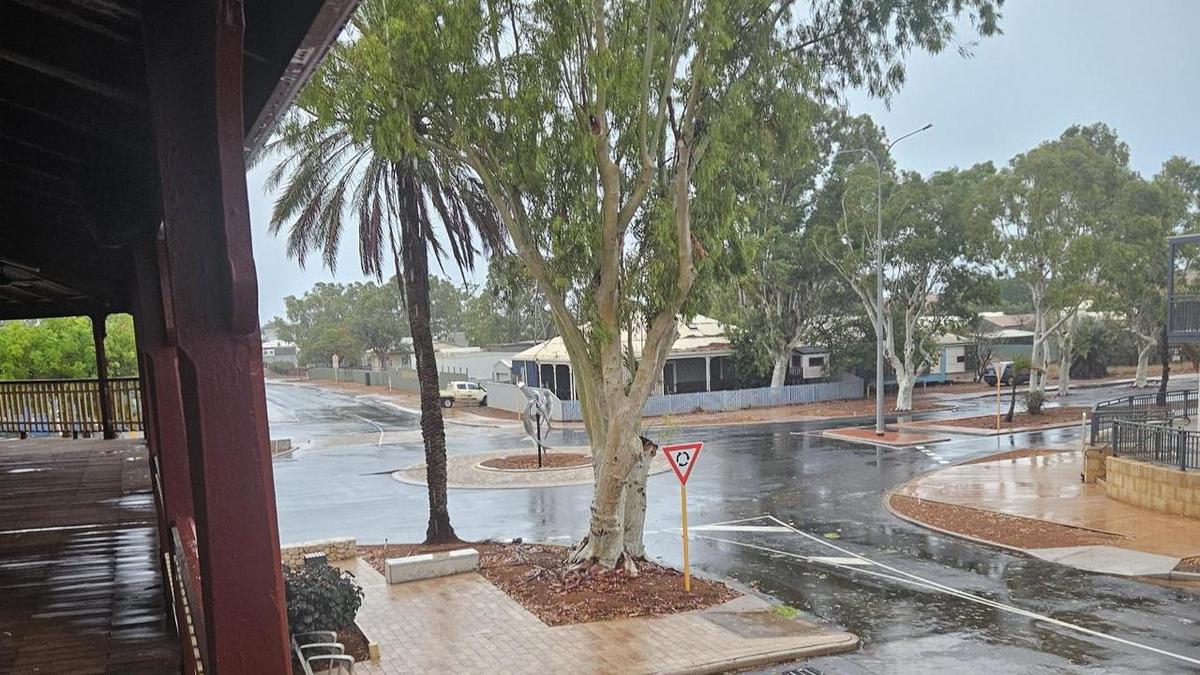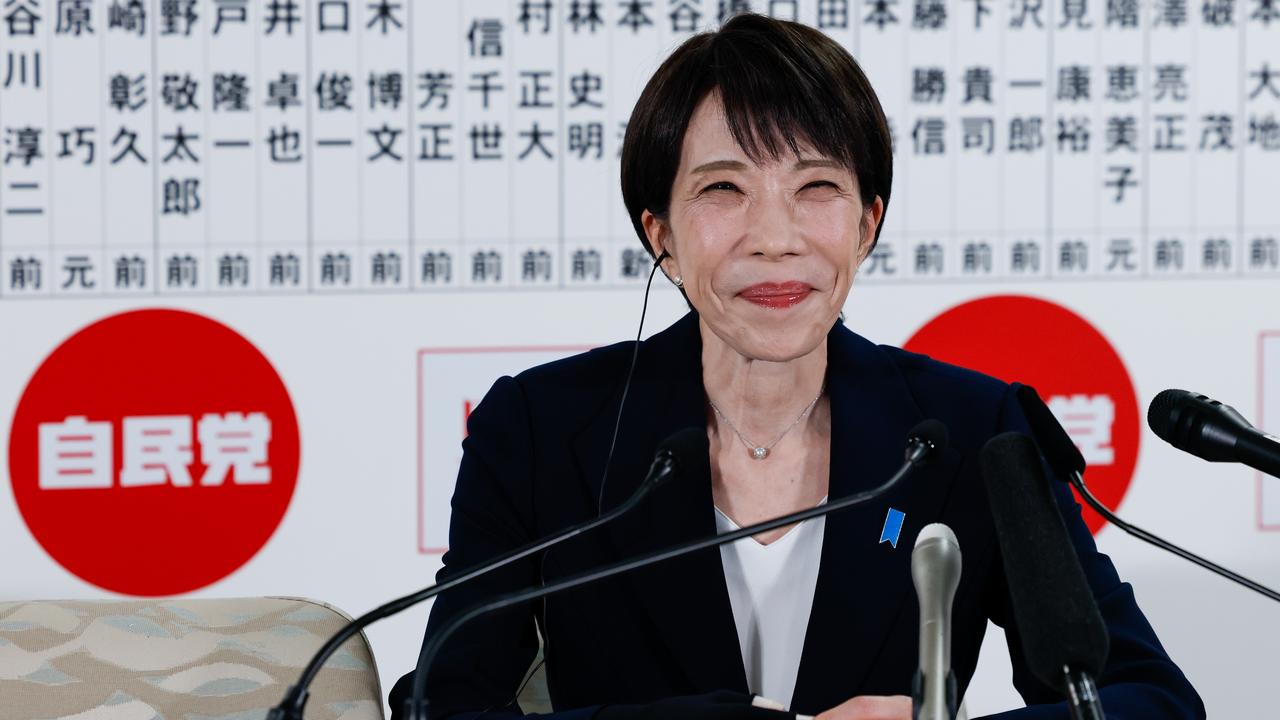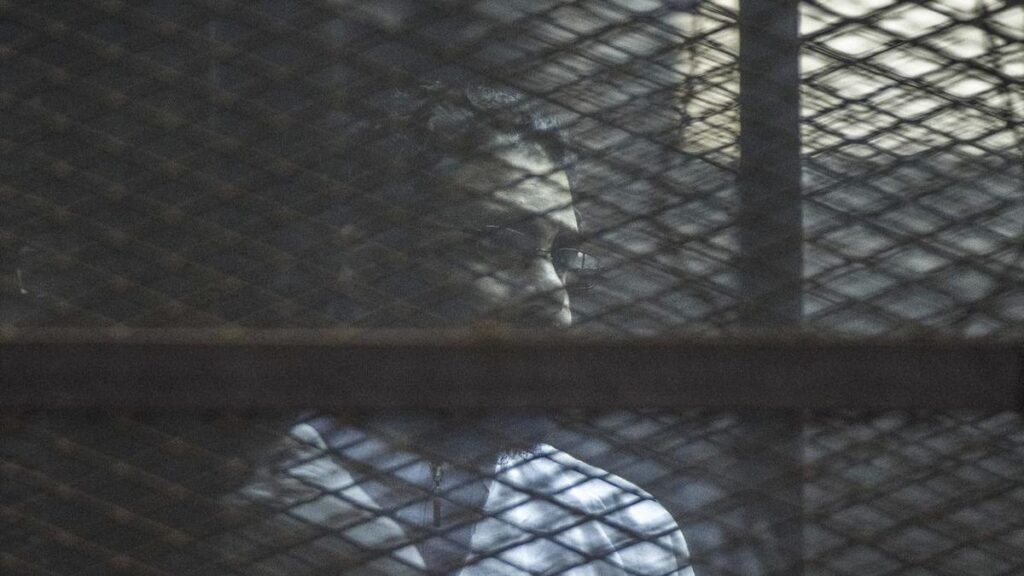
BREAKING: Egyptian authorities have just confirmed the presidential pardon of prominent activist Alaa Abd el-Fattah, who has spent nearly all of the past 12 years imprisoned. This urgent development comes as part of a broader decision that also includes pardoning five other prisoners, although their release timeline remains unclear.
Abd el-Fattah’s lawyer, Khaled Ali, anticipates that he will walk free from Wadi Natron Prison, located just north of Cairo, immediately after the official announcement is published in the country’s gazette—expected within the next 48 hours. His mother, Laila Soueif, is already on her way to the prison, stating, “I won’t rest until he is out.”
A key figure in the 2011 Arab Spring uprising, Abd el-Fattah has become a symbol of the erosion of democracy in Egypt. His previous hunger strikes while incarcerated have drawn international attention, highlighting the dire state of human rights in the country. After being imprisoned for participating in an unauthorized protest in 2014, he faced multiple legal battles, including a five-year sentence handed down in 2021 for spreading false news amidst a crackdown on dissent.
His sister, Mona Seif, expressed her relief on social media, saying, “My heart will explode” upon hearing the news of her brother’s pardon. This decision follows a petition submitted by the National Council for Human Rights earlier this month, urging President Abdel-Fattah el-Sissi to reconsider Abd el-Fattah’s situation on humanitarian grounds.
The petition included seven names, and while it is confirmed that Abd el-Fattah is among those pardoned, it remains uncertain whether the seventh individual received similar clemency. The council has praised the pardon as a significant step toward reinforcing justice and fundamental rights in Egypt.
Abd el-Fattah’s family has campaigned vigorously for his release, even reaching out to the British government for assistance, as he holds dual citizenship through his UK-born mother. This past summer, Laila Soueif initiated her own hunger strike in the UK, drawing further attention to her son’s plight, though she ended it after falling ill.
The international community has watched closely, with leaders from Britain, France, and Germany reportedly discussing Abd el-Fattah’s release in private meetings with President el-Sissi during the recent UN climate summit in Sharm el-Sheikh.
As the news unfolds, many are left wondering what will happen next for Abd el-Fattah and the other prisoners. The situation remains dynamic, and authorities will likely face pressure from both local and international human rights advocates to ensure the safe and timely release of those pardoned.
Stay tuned for more updates as this developing story continues to evolve.

